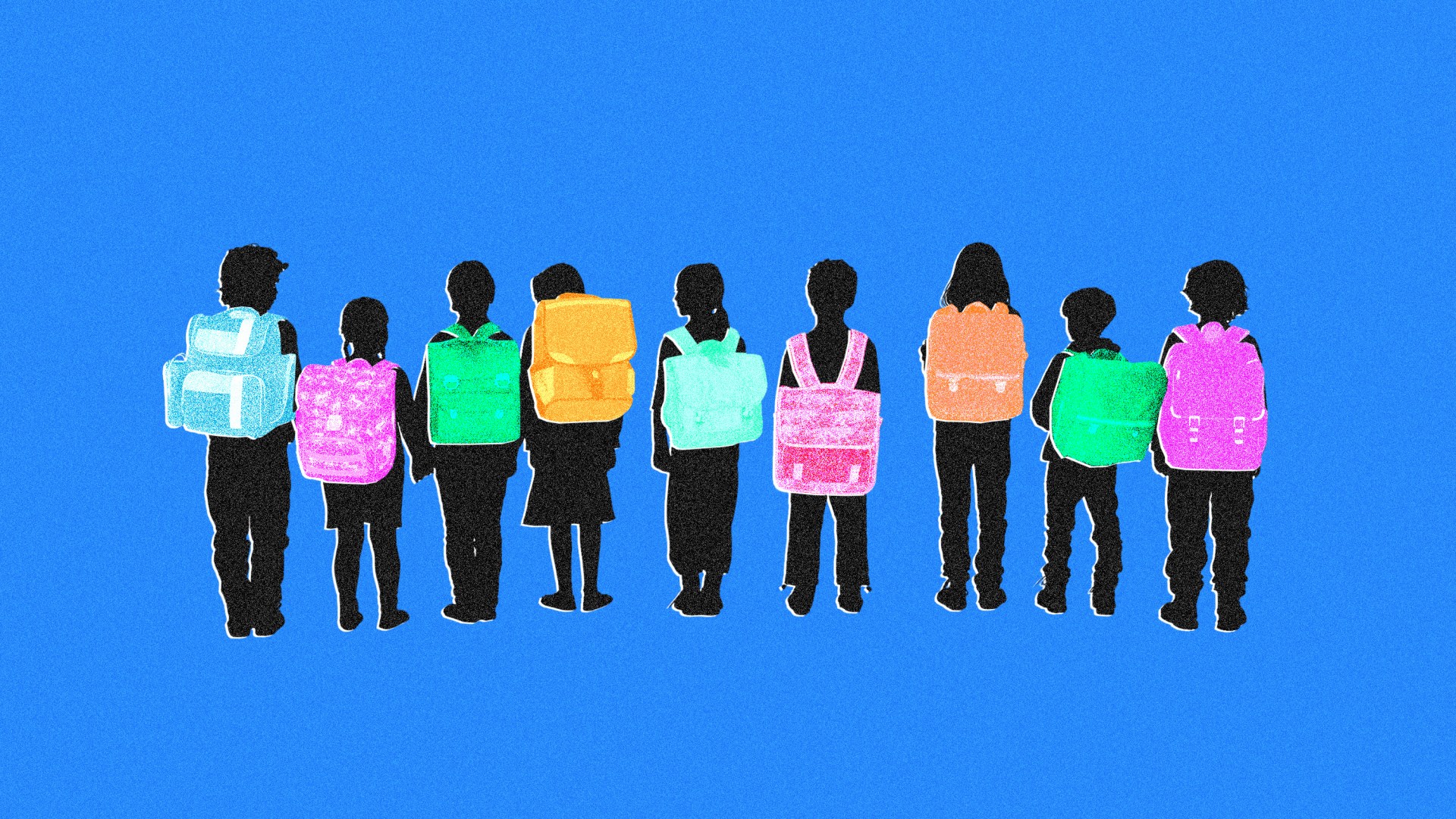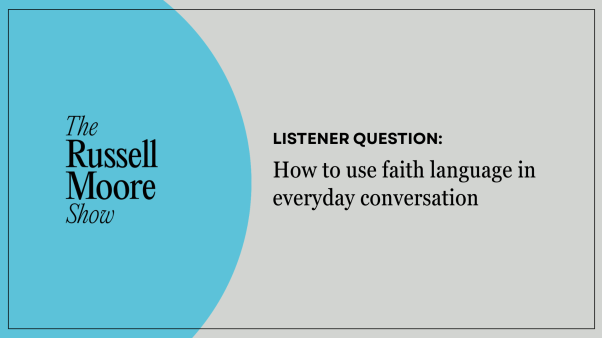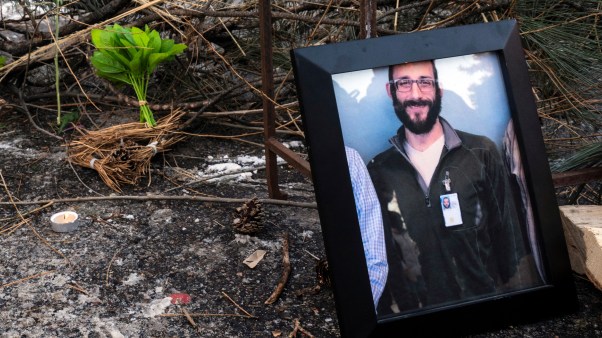All four of Jessica Borisch’s kids have attended Dutton Christian School (DCS), a school serving pre-K through eighth grade students outside Grand Rapids, Michigan.
With her youngest, though, things were different. In first grade, Gabe had trouble sitting still. In second, he struggled to adjust to instruction during pandemic lockdowns. By fifth grade, schoolwork was too much for him to get through.
Borisch got him tested. Gabe’s ADHD, she learned, made it hard for him to stay focused on classroom tasks. He needed more support.
Research shows that as many as 1 in 3 kids with ADHD (attention-deficit/hyperactivity disorder) don’t get the school services they need. In public schools, students can receive accommodations for ADHD, including quieter workspaces or adjusted directions for assignments. In private Christian schools, administrators may worry that accepting students with learning challenges will take away from the experience of other students in the classroom.
And without taxpayer funding for such programs, many Christian schools must raise money themselves to cover the additional costs for specialists, said Susan Verheul, vice president of executive initiatives at the Association of Christian Schools International.
DCS sees providing education for all students as part of its mission and partners with the All Belong Center for Inclusive Education to provide assessments and resources for neurodiverse students. All Belong works with nearly a hundred Christian schools, including 50 in Michigan, where it’s headquartered.
To evaluate Gabe for attention issues, DCS had All Belong conduct a comprehensive assessment of his strengths and struggles. They gathered information from Gabe, his parents, and his teachers and evaluated his academic progress and attentiveness.
With the help of All Belong, Gabe gets extra help to stay on task in his regular classroom, and he also attends pullout classes with a group led by a special education teacher. Gabe’s teacher reformats his study guides using pictures, graphs, and flow charts, which his brain can process easier than lists of text. Plus, teachers alert parents of upcoming assignments ahead of time since time management can be harder for students with ADHD.
“One thing I appreciate is that they give different tests that help them demonstrate they grasp central concepts but without some of the less-relevant information,” said Borisch. “Sometimes he takes the same tests as his fellow neurotypical students to see how he handles it, and he is so proud when he does well. He’s still being pushed, but also accommodated.”
All Belong CEO Becky Tubergen sees inclusion as an opportunity. In her view, teaching students and teachers to work with ADHD students not only expands their ability to accept others but also expands their vision for the kingdom of God.
This kind of work requires teachers to invest a lot of time on the front end. But much of teaching already is front-loaded, like teaching students the classroom rules and procedures early so they can lean into those routines throughout the school year.
“It’s about building relationships,” said Tubergen, “and that’s not an extraordinary thing.”
While Christian organizations (including the Wheaton Center for Faith and Disability) are speaking out about welcoming and supporting students of all abilities, few are offering the kind of training and resources All Belong does.
Founded in 1979 as the Christian Learning Center, the ministry helped launch one of the earliest inclusive education programs in West Michigan and went on to advocate for tuition equity within Christian schools so parents of kids with disabilities didn’t have to pay additional fees.
The rise of the school choice movement could play a role in more private schools accommodating students with ADHD and other learning difficulties. With state voucher programs expanding—including education savings accounts (ESAs) universally available in 11 states—more families are eyeing private options.
Texas’ recently passed ESA program allows special education students to access up to $30,000 per year for tuition. In the meantime, public school systems worry that diverting funds will disproportionately harm their support for students with special needs.
All Belong’s training urges Christian educators to resist seeing students who have trouble sitting still or following directions as sinfully defiant. Drawing from Christian and secular research, the ministry’s “See-Think-Do” method prompts teachers to observe students to find patterns in their behavior rather than jumping in to correct it.
“God has designed the student uniquely, and we want to be curious about the learner, not the label,” said Betsy Winkle, All Belong’s director of student services and chief operating officer. “This is beneficial for that particular learner but also helps kids see the fullness of God’s kingdom and what it means to see each other well.”
It can sting when parents who want to educate their kids in Christian settings find that a school either won’t admit children with learning disabilities or won’t provide accommodations for neurodivergent students.
Such families often hear no from several schools before they get a yes, said Carolyn Beall, educational support programs director at Annapolis Area Christian School (AACS).
It’s not uncommon, she said, for a Christian school to build out support for one or two students, then do away with it once they graduate.
When a family with several children at AACS wanted the school to admit their daughter with Down syndrome and offered to help fund a program, school leaders wanted to invest in something that would be sustainable.
Up until then, the school had only a tutoring program for students with learning disabilities. It was expensive, almost doubling the cost of tuition. Superintendent Rick Kempton, who previously spent 28 years advocating for inclusion at a Christian school in California, was convinced there was a better way.
The journey brought the school to All Belong. But it’s not easy to change an entire educational ethos. It takes buy-in from budgets, families, and teachers themselves. Kempton took a group of teachers who were skeptical about inclusion to visit the ministry’s headquarters.
“I knew if I got them on board they would win the day for us, and they did,” Kempton said.
Kempton then hired Beall, who had worked for 15 years in special education in the Annapolis, Maryland, public schools, to develop a robust program to accommodate learning disabilities.
“It’s hard, and there have been lots of challenges with teachers saying, ‘This is too hard. I have been teaching like this my whole career, and I can’t do things differently,’” she said. “When you can talk to them about how each child in the room is made in God’s image, they usually have the heart for it.”
Kempton said he had to constantly remind the faculty that God called the school to this ministry and they are all in it together. He reminded the faculty that they were making a difference not only in the life of each child but also in whole families.
“We embraced the idea that we are ministering to this family, partnering with this family, and can’t tell this family that some of their children can come but one cannot,” he said.
Today, AACS has 850 students across four campuses, and 20 percent of those students receive some kind of extra support. For half those students, it’s for ADHD.
AT DCS in Michigan, 50 of the 654 students in kindergarten through eighth grade have an ADHD diagnosis.
Cindy Groot, the school’s director of educational support services, said teachers struggle most to create learning plans for students every year—to write out what each child needs in the classroom and monitor goals. But they don’t do it alone: DCS provides specialists, enrichment coordinators, paraprofessionals, and All Belong to help.
“We are aware of challenges when there is a diagnosis, but we dig deeper to find out how we can best support them not only in their challenges but in their strengths,” said Groot. Staff members prioritize “getting to know that child, which is different than looking at a diagnosis, and how to help them succeed academically.”
Borisch said the accommodations DCS provided for Gabe transformed his experience in middle school. Gabe and his classmates are taught that God made each child and values them all as they are, and they treat each other accordingly.
“Tolerance is so off the charts at Dutton that it blows my mind,” she said.

















